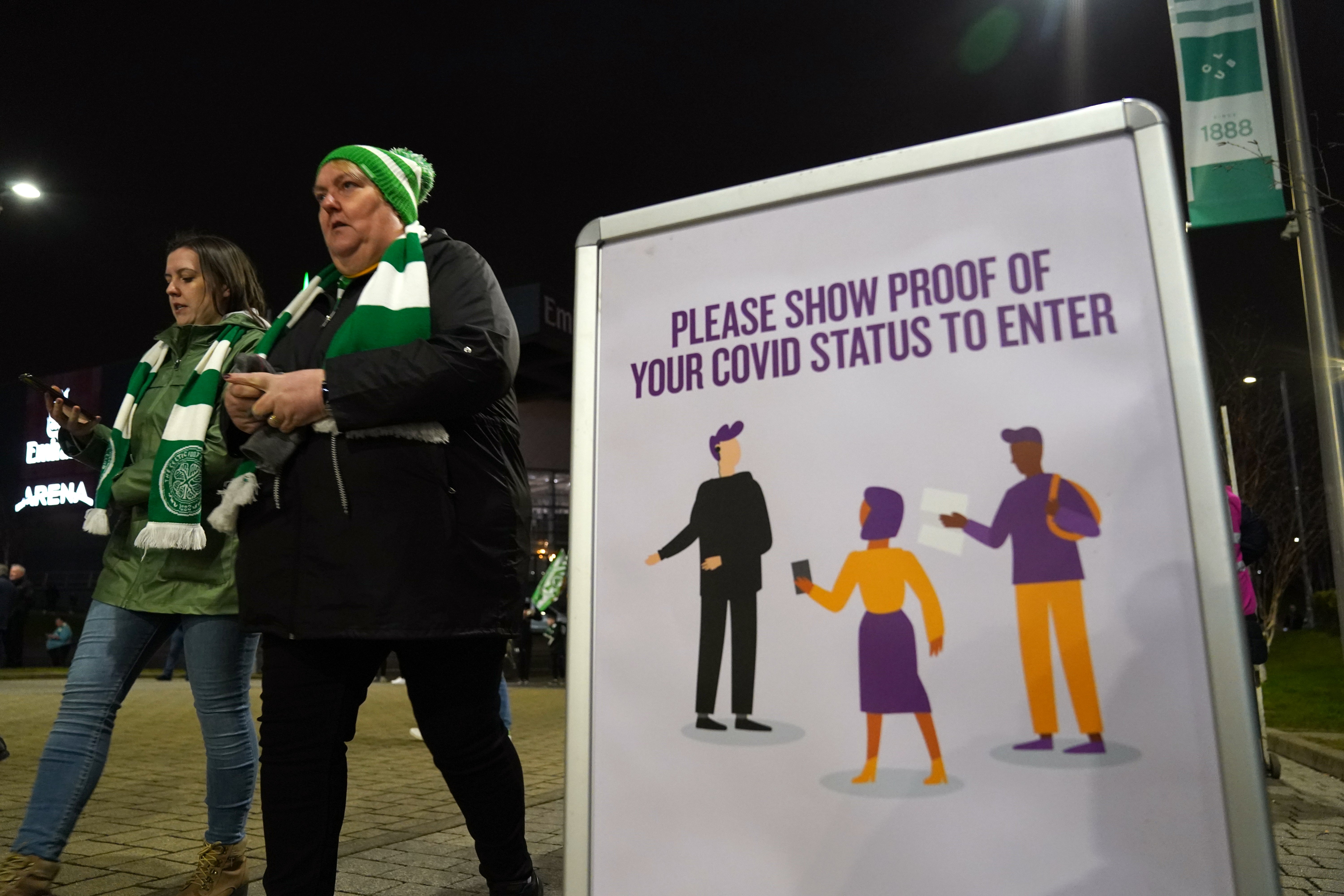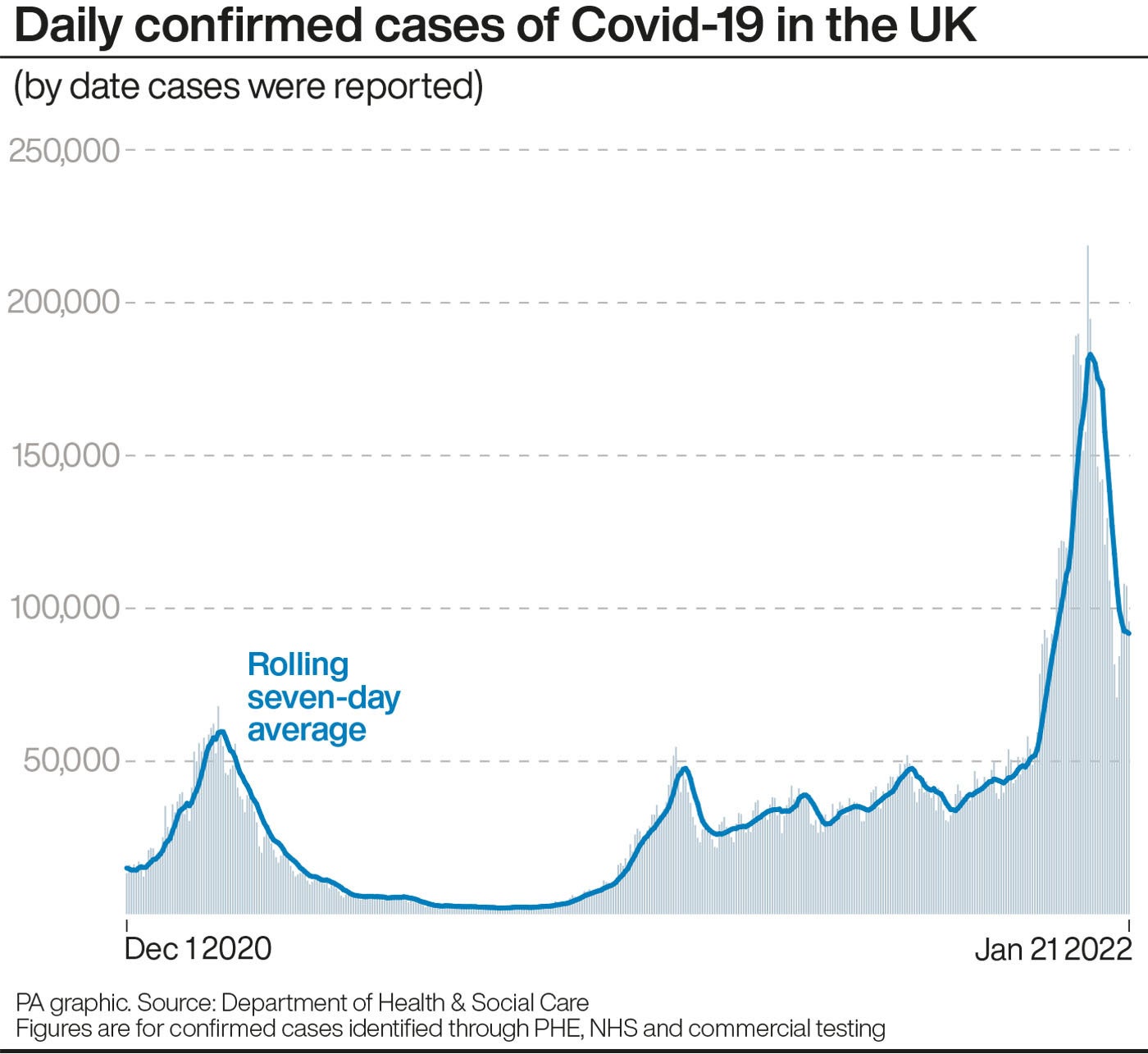Latest Covid hotspots revealed as nearly all areas in UK record fall in cases
Just two local areas have recorded a week-on-week rise in rates

Your support helps us to tell the story
From reproductive rights to climate change to Big Tech, The Independent is on the ground when the story is developing. Whether it's investigating the financials of Elon Musk's pro-Trump PAC or producing our latest documentary, 'The A Word', which shines a light on the American women fighting for reproductive rights, we know how important it is to parse out the facts from the messaging.
At such a critical moment in US history, we need reporters on the ground. Your donation allows us to keep sending journalists to speak to both sides of the story.
The Independent is trusted by Americans across the entire political spectrum. And unlike many other quality news outlets, we choose not to lock Americans out of our reporting and analysis with paywalls. We believe quality journalism should be available to everyone, paid for by those who can afford it.
Your support makes all the difference.The latest Covid hotspots have been revealed as cases continue to drop across nearly all areas in the UK.
Newry, Mourne & Down in Northern Ireland has the highest rate in the UK, with 2,997 new cases in the seven days to 17 January – the equivalent of 1,649.7 per 100,000 people.
This is down from a rate of 1,942.5 for the seven days to 10 January.
Peterborough has the second highest rate, down from 1,651.3 to 1,599.5, with 3,241 new cases.
South Tyneside has the third highest rate, down from 2,537.5 to 1,578.7, with 2,386 new cases.
Newport has the highest rate in Wales (682.7, down from 1,167.2); and East Lothian has the highest rate in Scotland (679.3, down from 1,147.4).
Just two of the 377 local areas in the UK have seen a week-on-week rise in rates: Broadland in Norfolk (up from 1,011.9 to 1,061.2) and Winchester in Hampshire (1,018.9 to 1030.8).

It comes after Boris Johnson announced this week that plan B measures to curb the spread of the Omicron variant would be lifted.
Many people resumed commuting to offices on Thursday after guidance to work from home in England was scrapped.
An increase in road congestion was recorded in London and Manchester, while demand for public transport and footfall near offices was also up.
The prime minister told MPs in the Commons on Wednesday that work-from-home guidance would be dropped immediately and rules on face coverings in classrooms would also be scrapped in England from Thursday.
Other measures, including the requirement to wear face masks on public transport and in shops, will end next Thursday.
The legal requirement for people with coronavirus to self-isolate will also be allowed to lapse when the regulations expire on 24 March, and that date could be brought forward.